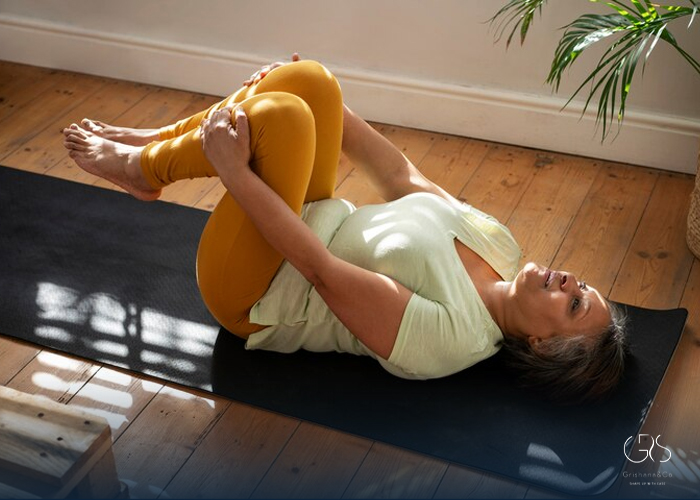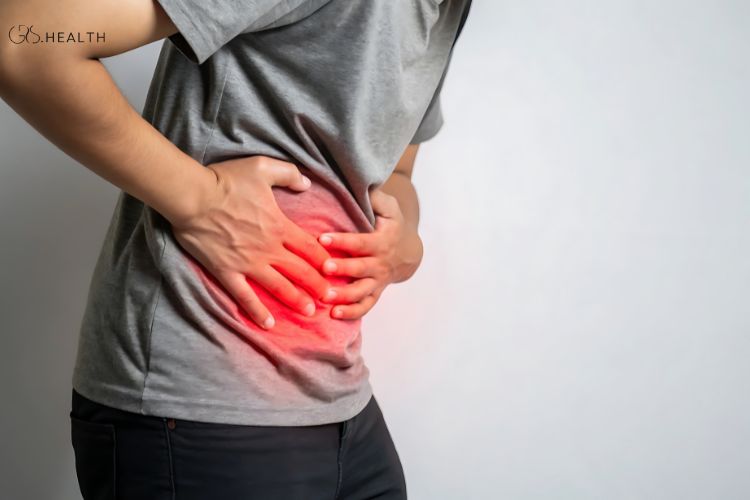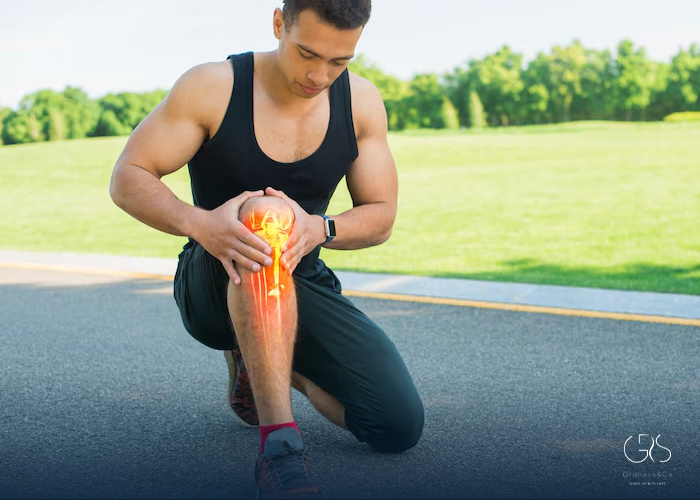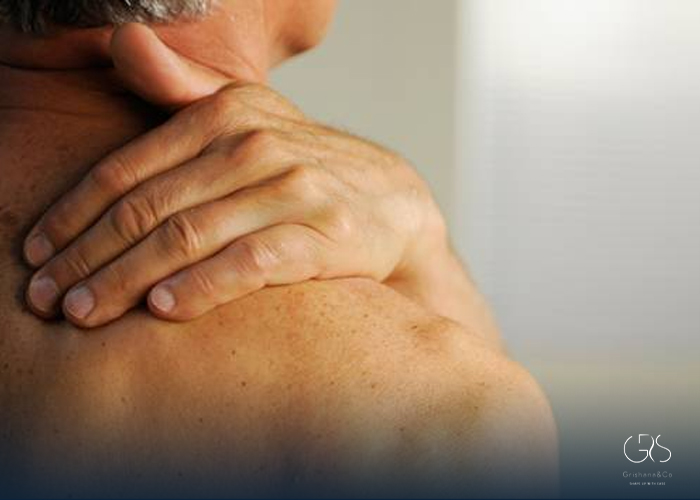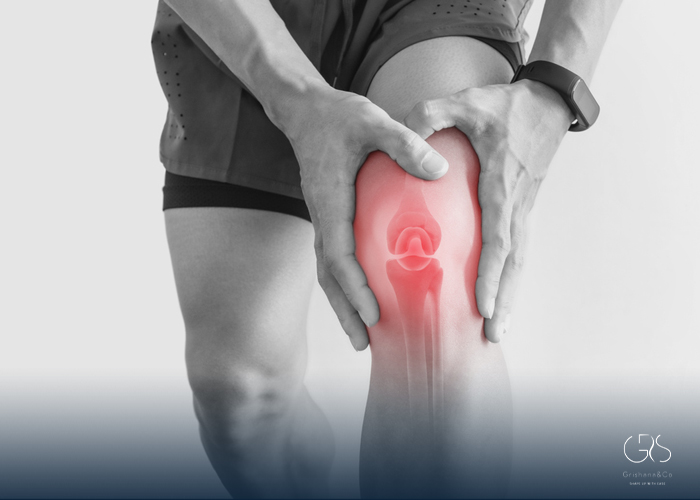Amid the widespread prevalence of lower back pain, an impactful study unveils a promising avenue for lower back pain relief. This research challenges conventional methods, proposing that a simple activity could significantly alleviate lower back pain. Embracing the implications of this study can transform how we address and mitigate this prevalent discomfort in society.
The Growing Epidemic of Lower Back Pain
Lower back pain is a pervasive issue affecting people of all ages and backgrounds globally. According to the World Health Organization (WHO), it is estimated that approximately 80% of the world’s population will experience lower back pain at some point in their lives (*source: WHO). Moreover, lower back pain is a leading cause of disability worldwide, affecting individuals’ quality of life, work productivity, and overall well-being.
(I want to suggest that you read my article about relieving sciatica pain.)
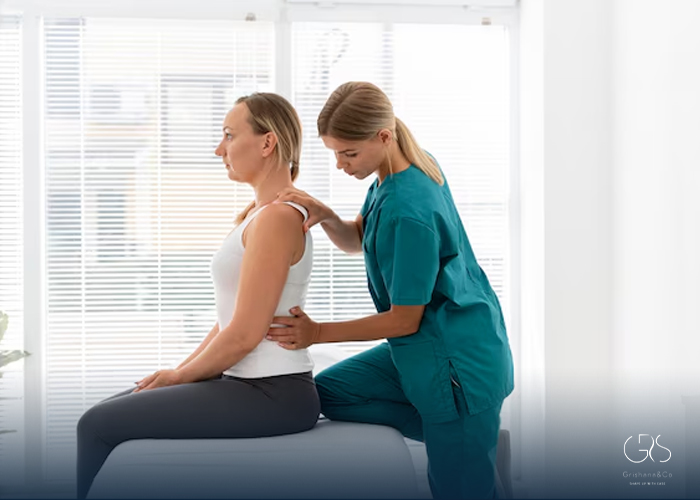
The Study: A Groundbreaking Revelation
A recent study conducted by a team of researchers at a renowned institution delved into the impact of a simple activity on lower back pain. The study focused on the effects of daily stretching exercises on individuals suffering from chronic lower back pain. Over a span of six months, participants were tasked with engaging in a 10-minute daily stretching routine aimed at improving flexibility and muscle strength in the lower back area.
Key Findings and Insights
The results of the study revealed promising outcomes. Participants who consistently performed the prescribed stretching exercises exhibited a significant reduction in lower back pain intensity and frequency. Moreover, improvements in overall mobility and functionality were observed among the participants. This groundbreaking discovery challenges traditional treatment methods and highlights the potential benefits of incorporating such simple activities into daily routines.
Perspectives on the Study
Medical Professionals
Healthcare providers and medical professionals have hailed this study as a breakthrough in the field of pain management. The simplicity and effectiveness of the stretching exercises make it a feasible and low-cost solution for individuals suffering from lower back pain. Integrating such practices into treatment plans can offer patients a non-invasive and sustainable approach to managing their condition.
Physical Therapists
Physical therapists emphasize the importance of targeted exercises and stretches in addressing musculoskeletal issues like lower back pain. The findings of this study support the notion that consistent stretching can alleviate pain and improve muscle function in the affected area. Physical therapy programs may benefit from incorporating similar exercises to optimize patient outcomes.
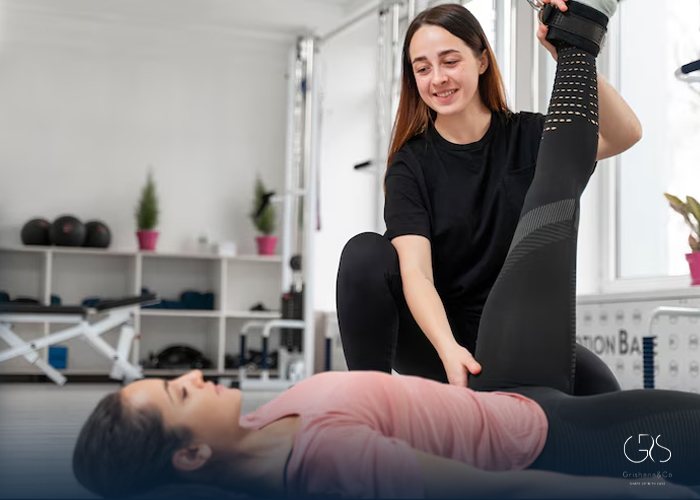
Individuals with Lower Back Pain
For individuals grappling with the daily challenges of lower back pain, the prospect of a simple yet effective solution is a welcome relief. The study’s findings empower patients to take charge of their health by engaging in regular stretching routines that can potentially alleviate their discomfort and enhance their quality of life.
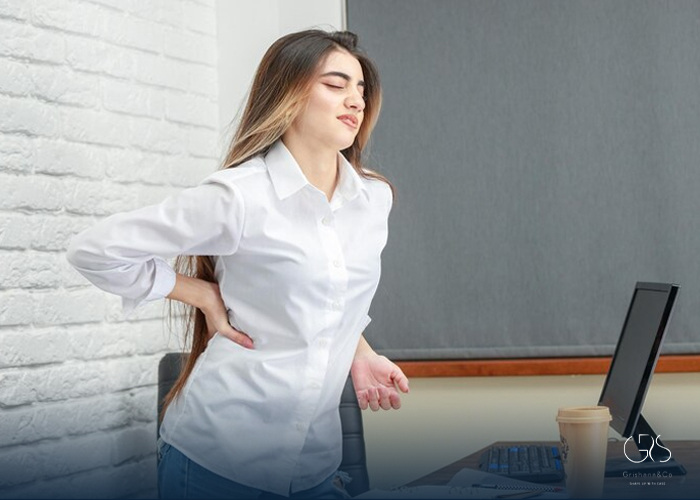
Embracing a Holistic Approach to Pain Management
The study’s implications extend beyond the realm of lower back pain to underscore the significance of proactive self-care practices. By integrating targeted exercises into our daily lives, we can cultivate resilience and prevent the onset of debilitating conditions. Embracing a holistic approach to pain management that encompasses physical, mental, and emotional well-being is essential for fostering a healthier society.
Conclusion
Within a community grappling with the challenges of lower back pain relief, a straightforward activity emerges as a promising solution. The study’s insights provide a glimpse into a future where proactive engagement in practices enhances well-being and alleviates pain. Recognizing the impact of these small yet powerful actions paves the path towards a healthier and more resilient population.
Sources
- WHO, Low back pain
- Yoga Journal, 8 Yoga Poses to Ease Your Lower Back Pain


